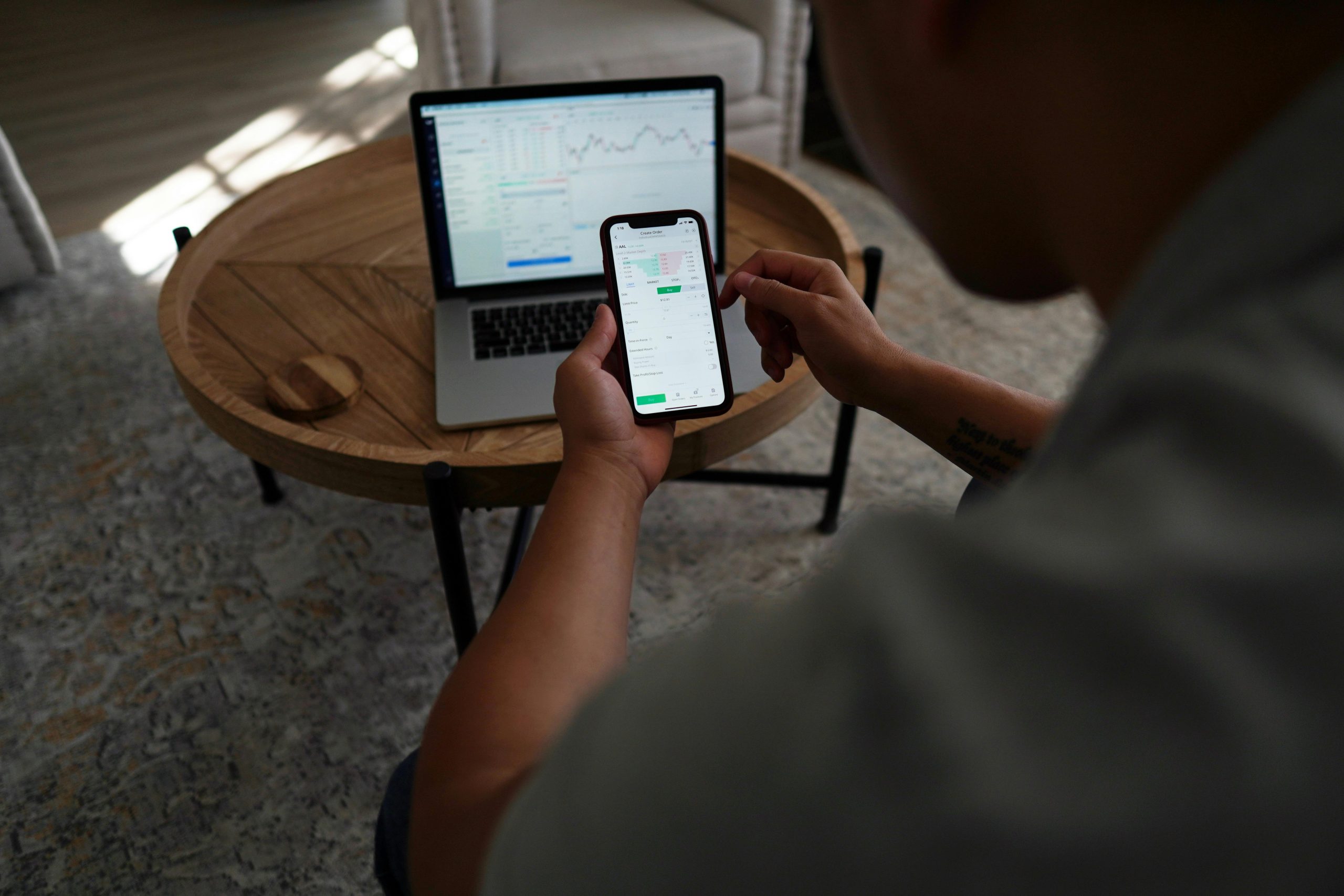Uncovering the Hidden Threat to Our Autonomy: A Remarkable Phenomenon You Can’t Overlook
The Hidden Threat to Our Autonomy: How Our Attention Is Under Siege
In our current era, concerns around artificial intelligence often conjure images of dramatic, catastrophic scenarios—killer robots, total machine dominance, or human enslavement within virtual realities. These visions are dramatic and sensational, but the true danger lurking in our digital age is far more subtle yet profoundly impactful: the erosion of our attention and the influence over our worldview.
The Foundation of Our Perception
At the core of our identity lies a complex web of beliefs, perceptions, and ideas—an internal narrative shaped by countless experiences and pieces of information received through our senses over a lifetime. Everything—from our language and trust to our political beliefs—is a reflection of the data we’ve absorbed.
Brains have evolved precisely for this purpose: to learn and adapt from direct experience, allowing humans to modify their understanding within a single lifetime rather than relying solely on genetic inheritance. This accumulated knowledge forms our personal and collective reality.
The Power of Symbols in Shaping Humanity
What makes humans unique among animals is our ability to transmit ideas through symbols—language, stories, writing, and other forms of symbolic communication. This capacity is the foundation of civilization, enabling us to pass knowledge across generations and build complex societies. It’s our greatest strength—and, ironically, our greatest vulnerability.
Across history, written language revolutionized how worldview-shaping information spread. For thousands of years, literacy was confined to a small elite, and most people’s perceptions were rooted in direct experience. With the advent of television and, later, digital screens, we entered a new era of symbolic influence.
From Limited Media to Omnipresent Screens
In the past, my childhood in the late 1980s was characterized by limited screen exposure—sometimes just a single TV that I rarely watched. Today, screens are everywhere, constantly vying for our attention. The algorithms behind these platforms are incredibly sophisticated, tailoring content to each user with unprecedented precision.
This technological shift means that a growing portion of our worldview is shaped not by personal experience but by curated, algorithm-driven content. Imagine a reality where your beliefs are often molded more by an invisible digital force than by the world outside your window. That scenario isn’t hypothetical—it’s already unfolding.
The Subtle Encroachment on Free Will
This quiet takeover of our symbolic environment threatens to undermine our autonomy. As algorithms learn to understand us better than we understand ourselves, they begin to influence our perceptions, decisions, and














Post Comment